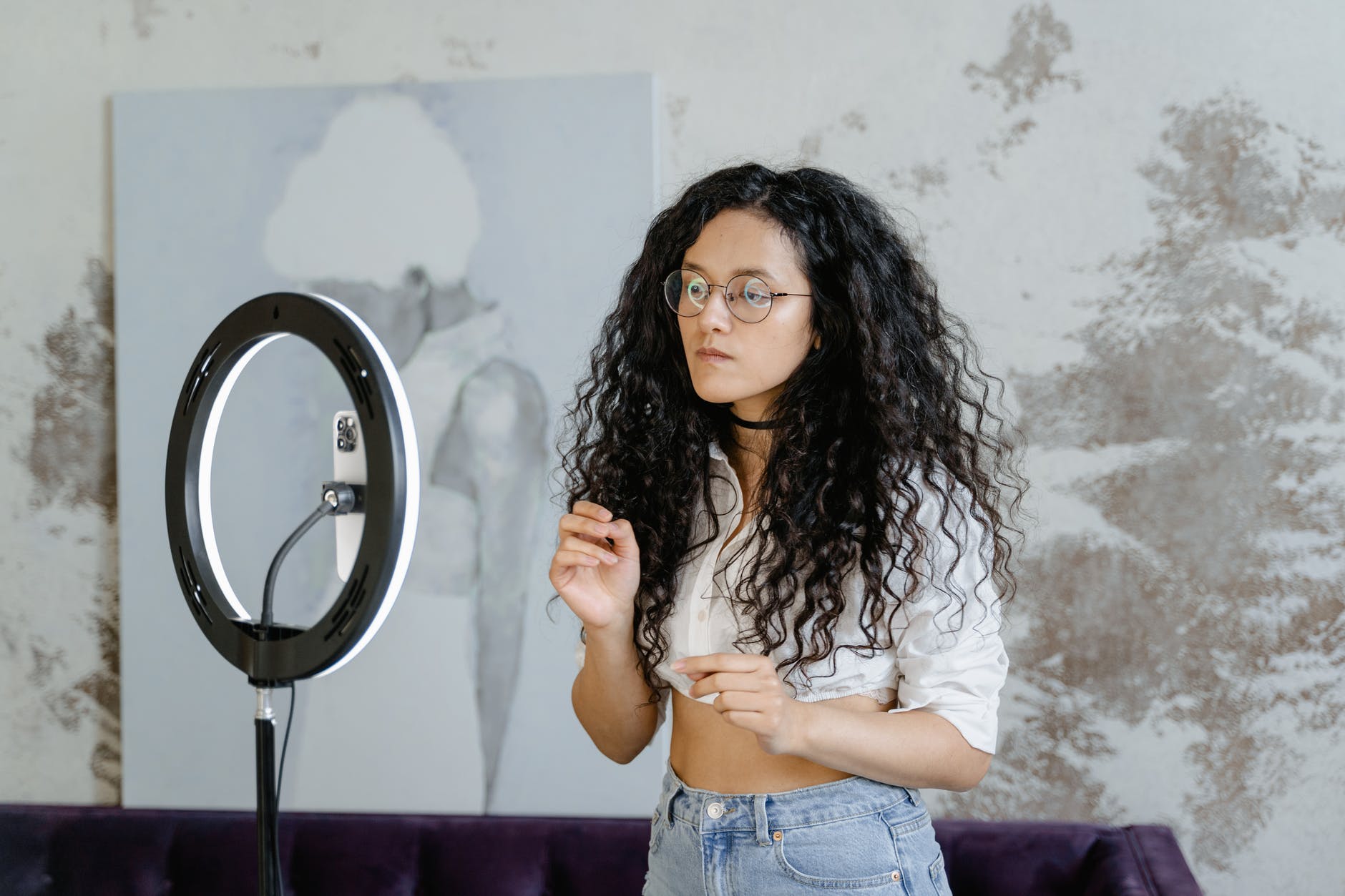Do You Look at the Camera When Doing a Monologue?
Monologues are a powerful form of self-expression, whether you’re delivering one on stage, in front of a camera, or even on a Zoom call. They allow you to convey emotion, tell a story, or even challenge an audience’s perceptions. A common question that often arises, especially in the context of video or live streaming, is: Should you look at the camera when doing a monologue?
The Importance of Engagement
When delivering a monologue, whether it’s in a performance or for an online audience, engagement is key. The purpose of looking at the camera is to create a connection with your audience. It can make the monologue feel more personal, as though you are speaking directly to the viewer, drawing them into the emotions and thoughts you’re expressing. It mimics the human experience of eye contact in real-life conversations, creating a more immersive atmosphere.
In a film or video monologue, the camera acts as the audience, and looking at it serves the same function as addressing the audience directly in a theater. If you’re trying to draw someone in, make them feel as though they are part of the scene, then yes, looking at the camera can be effective.
The Effect of Eye Contact
Eye contact in communication is often interpreted as a sign of confidence, sincerity, and focus. In a monologue, when you lock eyes with the camera, you make your delivery more compelling. Viewers may feel like you are inviting them to understand your character’s emotions, thoughts, and motivations. The direct gaze can also intensify the experience, making moments of tension or vulnerability more palpable.
However, this isn’t always necessary. Depending on the mood or purpose of the monologue, it’s important to think about where your focus should be. If the character is supposed to be introspective, overwhelmed, or lost in thought, then avoiding the camera and looking off-screen may be a more natural choice.
Monologues in Different Mediums
Stage Performances: Traditionally, stage monologues involve projecting your voice and body language towards the audience, often without looking directly at the camera (because, typically, there is none). The connection is made through your energy, your voice, and your movements, all aimed at drawing in the audience and making them feel as though you are speaking directly to them.
Film and Television: In contrast, film and TV monologues are different. The camera is your audience, and looking at it can create a much more intimate feeling. However, it is not always necessary to hold that gaze throughout. Filmmakers often choose to capture the character’s journey through both close-ups and wider shots, creating moments where the actor may glance away or look off into the distance, symbolizing inner conflict or thoughtfulness. The camera can even be used as a tool to shift focus between direct engagement with the audience and moments of isolation or reflection.
Live Streams and Virtual Monologues: With the rise of virtual performances, the camera has become even more central. Here, it serves as the only point of connection between you and your audience. Looking at the camera on a livestream can make you appear more connected to your viewers. It also helps maintain the flow of conversation or performance. However, just like in live theater, the key is finding a balance between connecting with the camera and focusing on the internal emotions or story you are telling.
The Risk of Overdoing It
While looking directly at the camera can help make a monologue feel more immediate, it’s important to be mindful of overusing it. Staring too intensely at the camera can sometimes feel unnatural or overly forced. It’s about balance—knowing when to engage and when to break away for more subtle, introspective moments.
Monologues, whether performed in person or on video, are an opportunity to explore depth and connection. By paying attention to how you use the camera as a tool for conveying your character’s emotions and thoughts, you can create a performance that feels both authentic and captivating. So, next time you prepare for a monologue, ask yourself: Does my gaze at the camera reflect my character’s emotional state? The answer will guide your performance, whether you choose to hold the gaze or glance away.




